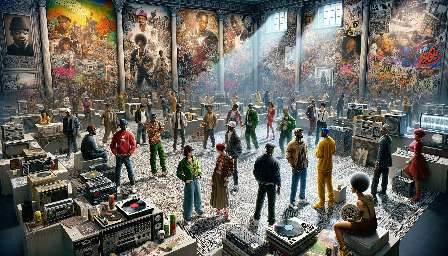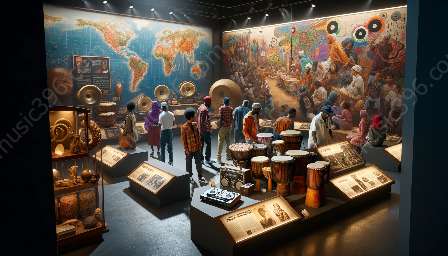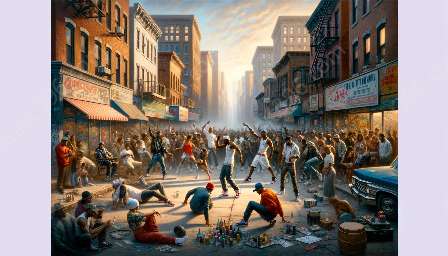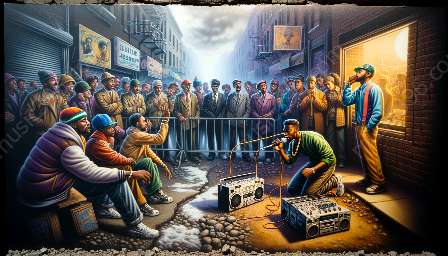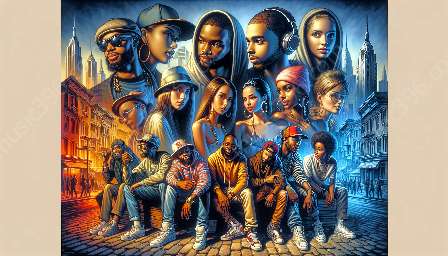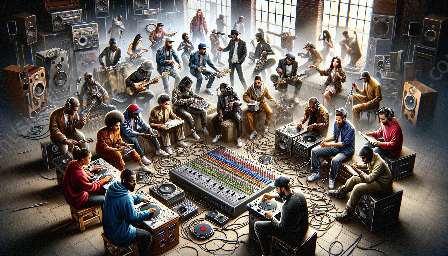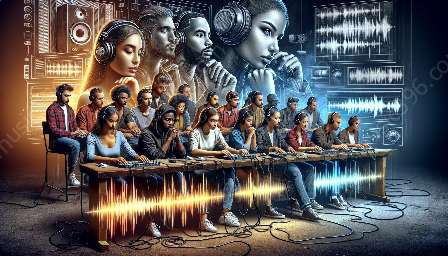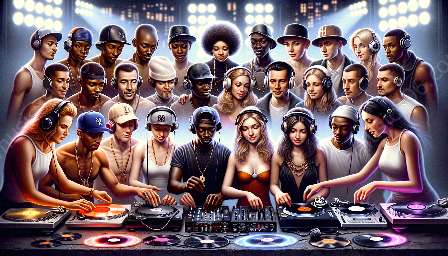Soul and R&B music has long been recognized as a powerful tool for social change and activism, with its roots in expressing the triumphs and struggles of the African American experience. These genres have played a significant role in reshaping societal norms and promoting the fight for justice and equality.
The Historical Context
With origins in the African American community, soul and R&B music emerged as a means of expressing the struggles and aspirations of a marginalized group. Artists such as Aretha Franklin, Marvin Gaye, and Sam Cooke used their music to address issues of civil rights, discrimination, and social injustice, reaching a broad audience and sparking conversations about pressing societal issues.
Amplifying Voices for Change
One of the key roles of soul and R&B music in social change is its ability to amplify marginalized voices. Through powerful lyrics and emotional performances, artists bring attention to the experiences of communities facing oppression, giving a voice to those who are often unheard. This amplification serves as a call to action, sparking movements and inspiring activism among listeners.
Intersection with Urban and Hip-Hop Culture
Urban and hip-hop cultures have intersected with soul and R&B music, creating a dynamic platform for social change and activism. The fusion of these genres has led to the emergence of influential artists who utilize their music to address systemic issues, challenge stereotypes, and advocate for progress. This convergence has widened the reach of messages of social change, engaging diverse audiences and fostering solidarity.
Empowering Communities
At its core, soul and R&B music serve to empower communities and individuals, instilling a sense of resilience and hope in the face of adversity. Through themes of love, perseverance, and unity, these genres inspire listeners to stand up against oppression and work towards a better future, fostering a collective spirit of resilience and activism.
Effecting Systemic Change
By addressing pervasive societal issues in their music, soul and R&B artists contribute to a broader conversation about systemic change. Their artistry serves as a catalyst for advocacy, encouraging critical dialogue and pushing for policy reforms that advance social justice and equality. The emotional depth and authenticity of their music evoke empathy and understanding, compelling audiences to reflect on their role in effecting meaningful change.
Conclusion
In conclusion, soul and R&B music have proven to be invaluable tools for social change and activism, leveraging their influence to effect real-world impact. By intersecting with urban and hip-hop culture, these genres continue to challenge social norms, amplify marginalized voices, and inspire collective action. As we look to the future, it's clear that the enduring legacy of soul and R&B music in advancing social change will continue to shape movements for justice and equality.




